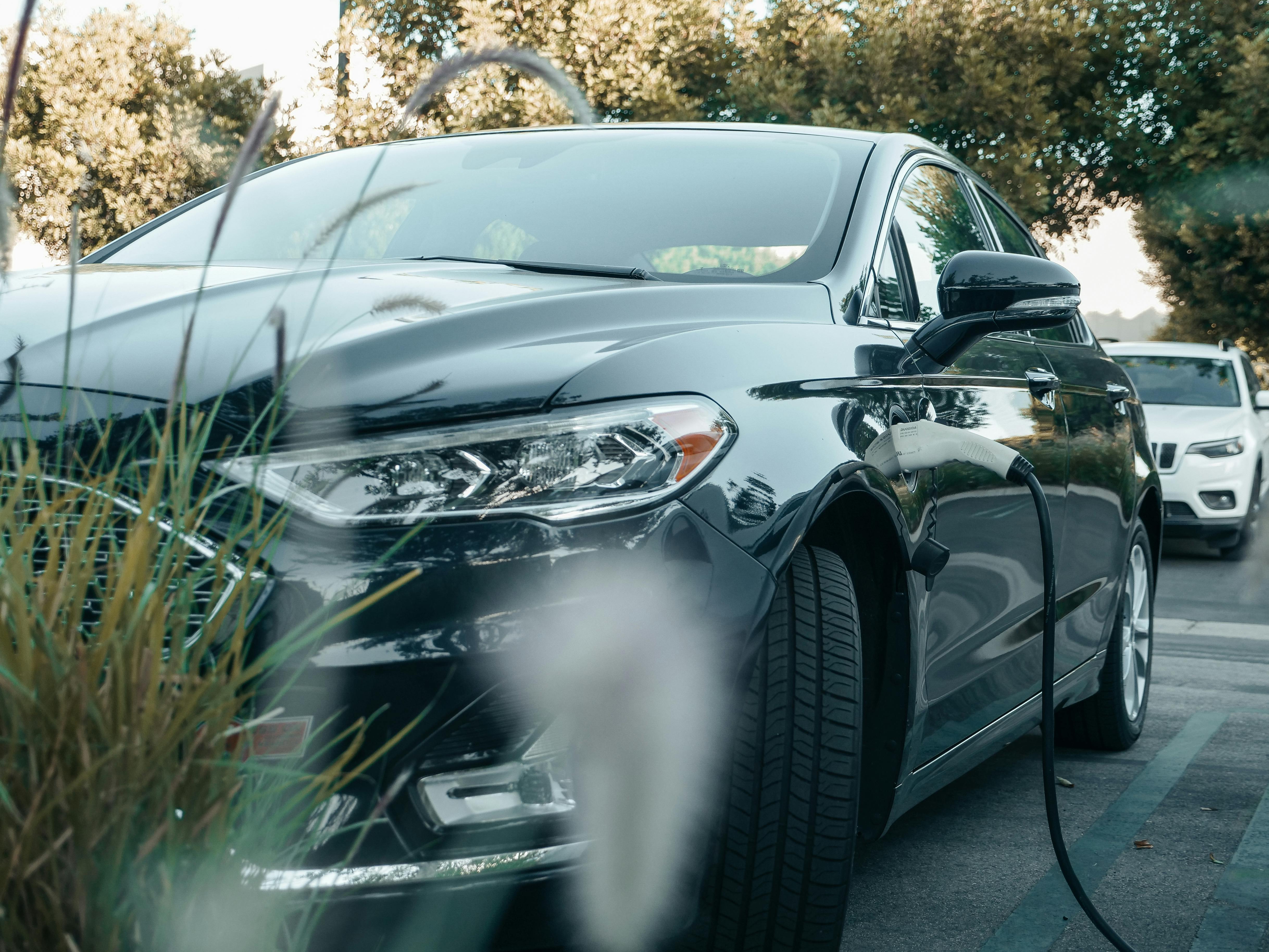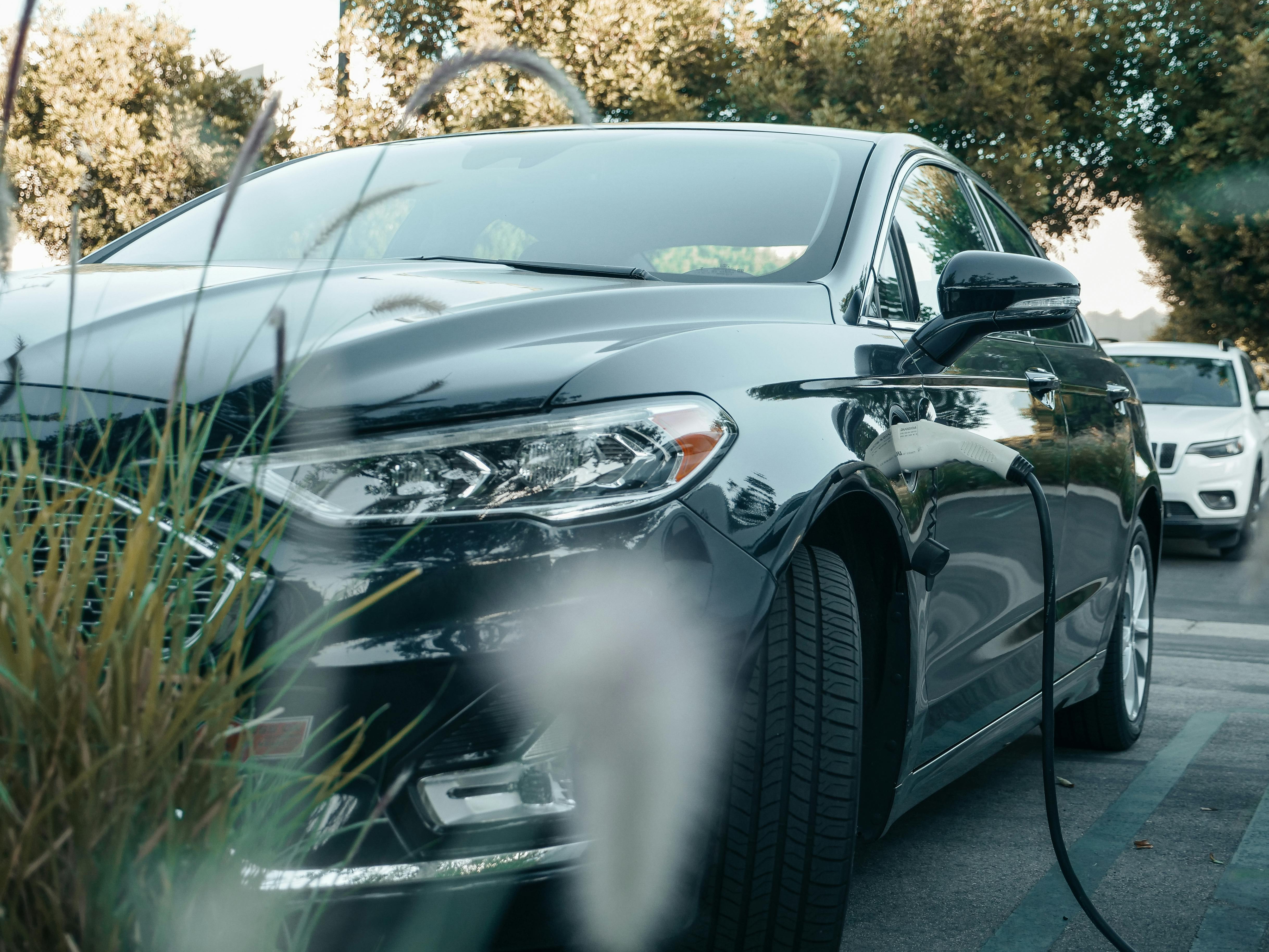Debunking Hybrid Car Myths
In the evolving landscape of automotive technology, hybrid cars have become a significant point of discussion. With their growing popularity, misconceptions have also rallied around them, clouding the truth of what these innovative vehicles offer. Applewood Performance Center is committed to educating our customers and enthusiasts about the advancements in automotive technology, especially when it comes to hybrid cars. In this comprehensive guide, we aim to debunk the most common myths surrounding hybrid vehicles, using insights derived from various authoritative sources.

Myth 1: High Maintenance Costs
One of the most prevalent myths is that hybrids, due to their complex technology, cost more in maintenance than their gasoline-only counterparts. This could not be farther from the truth. Hybrid vehicles utilize regenerative braking systems that reduce wear on brake pads, and because they switch between gasoline and electric power, they often require fewer oil changes. On balance, these factors can lead to lower overall maintenance costs compared to traditional vehicles1.
Myth 2: Underpowered
There's a common misconception that hybrid cars don't pack much punch in terms of power. However, the synergy between the electric motor and the gasoline engine provides a power output that can rival or even surpass that of conventional cars. This combination ensures not only efficient fuel usage but also delivers on performance, with some hybrids being agile competitors in racing circuits1.
Myth 3: Only for City Driving
Many believe that hybrid cars are only efficient in urban settings with stop-and-go traffic, thanks to their regenerative braking system. While hybrids are indeed efficient in city driving, they're also designed for the highway. Features like advanced aerodynamics and low rolling resistance tires contribute to enhanced fuel efficiency at higher speeds, making hybrids a versatile choice for any driving condition1.
Myth 4: Battery Replacement Concerns
A significant concern among potential hybrid car owners is the longevity of the vehicle's battery. Contrary to the belief that hybrid batteries need frequent replacements, these power units are built to last for the vehicle's life span, with many manufacturers offering 8 to 10-year warranties. Some hybrid vehicle batteries have been known to last for over 200,000 miles without the need for replacement1.
Myth 5: Not Eco-Friendly
The environmental impact of hybrid vehicles has been a topic of debate, with some arguing that the energy required to manufacture these cars negates their eco-friendly benefits. However, when considering the entire lifespan of a hybrid vehicle, including manufacturing, operation, and disposal, hybrids emit significantly lower pollutants and greenhouse gases compared to traditional vehicles. The reduction in emissions over the vehicle's lifetime contributes positively to environmental sustainability1.

Myth 6: Soon to be Outdated
With the rapid development of electric vehicle technology, a myth has arisen that hybrids are merely a stepping stone and will soon become obsolete. However, hybrids represent a critical transition technology, offering a practical solution for those who may not be ready to switch entirely to EVs due to concerns like range anxiety or the lack of charging infrastructure. Hybrids bridge the gap, providing an eco-friendly alternative as the world gradually moves towards more sustainable transportation options.
Myth 7: Limited Choices
There’s a misconception that if you opt for a hybrid, you're limited in vehicle choice. Today, the market offers a wide variety of hybrid models ranging from compact cars to SUVs, ensuring there's a hybrid out there to meet different tastes and needs. This diversity allows consumers to enjoy the benefits of hybrid technology without compromising on style, space, or functionality.
Myth 8: Complicated Driving
Another myth is that hybrids are complicated and difficult to drive compared to conventional cars. In reality, hybrids are designed to operate just like any other vehicle. The automatic transition between electric and gas power is smooth and seamless, with many drivers noting no difference in the driving experience. Plus, with features like regenerative braking, driving a hybrid can become even more intuitive and engaging.
Closing Thoughts
Hybrid vehicles stand at the forefront of automotive innovation, offering a blend of efficiency, performance, and environmental sustainability. By debunking these common myths, we hope to provide a clearer understanding of hybrid technology and its benefits. At Applewood Performance Center, we're passionate about advancing automotive technology and its positive impact on the world. Hybrids are not just a temporary phenomenon; they represent a significant step towards a more sustainable and efficient automotive future.
As we continue to explore and adopt hybrid technology, it's essential to move past misconceptions and recognize the value these vehicles bring to our lives and the environment. Whether you're concerned about performance, maintenance costs, environmental impact, or driving experience, hybrids offer a compelling solution that's worth considering for your next vehicle purchase.



